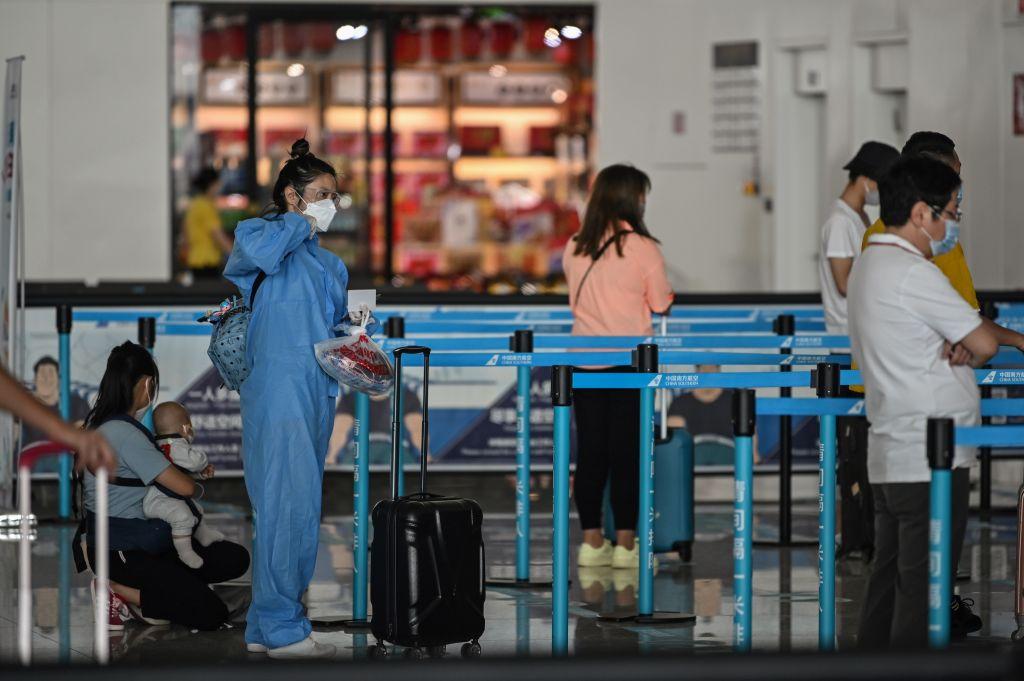The second known person in China to sue the Beijing regime over its mishandling of the COVID-19 outbreak has filed a new lawsuit after his original legal case was thrown out by a lower court in the central Chinese city of Wuhan.
Zhang Hai says “the Wuhan Intermediate People’s Court has failed to act in accordance with the law. It only informed me by phone that my case was rejected,” according to Chinese human rights news website Civil Rights and Livelihood Watch (CRLW). He’s a resident of Wuhan, the capital of Hubei Province and the city where the CCP virus, commonly known as the novel coronavirus, first emerged late last year.




